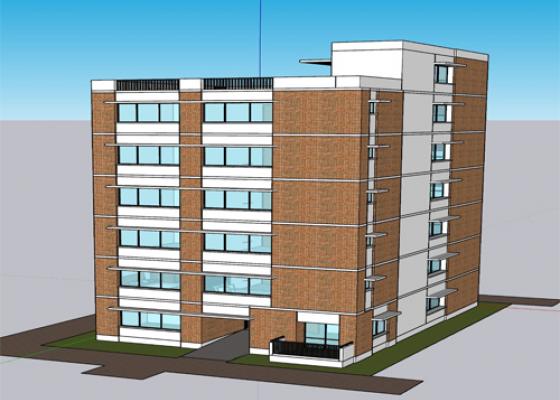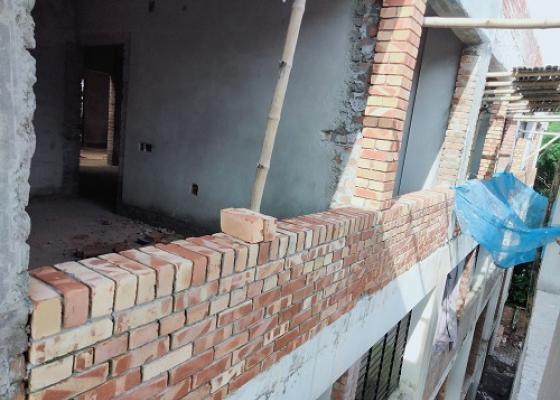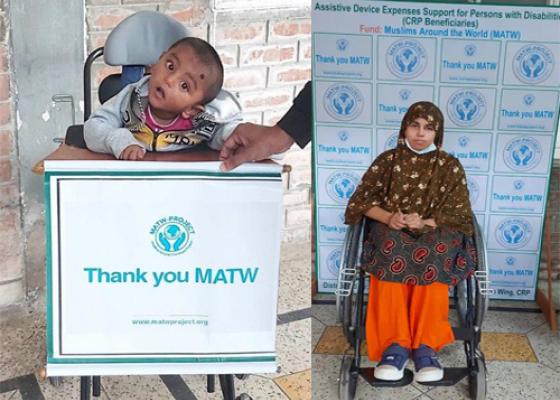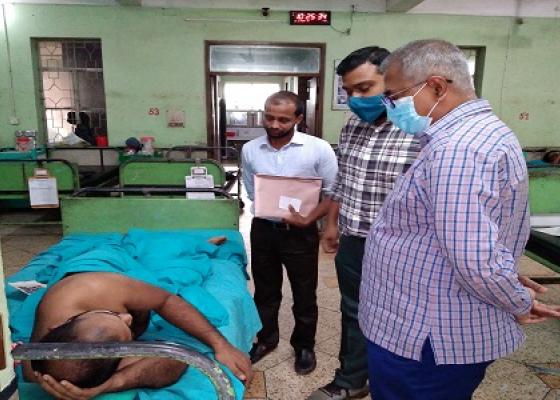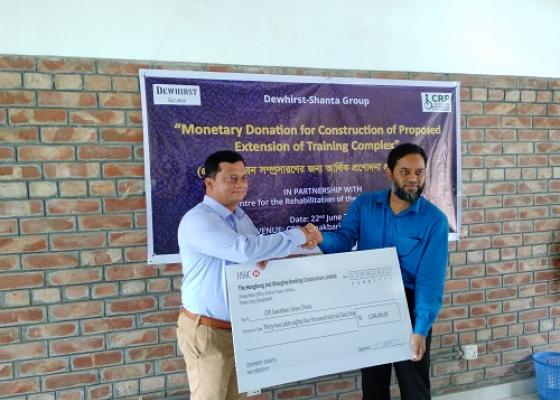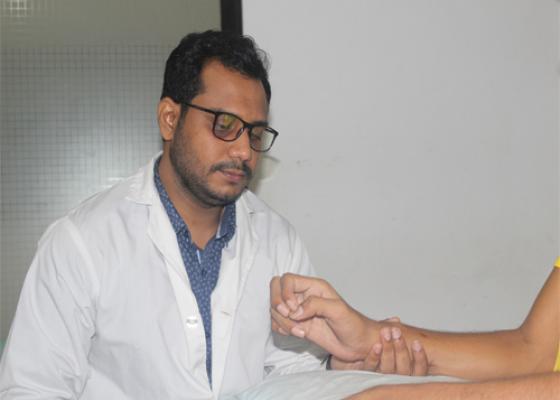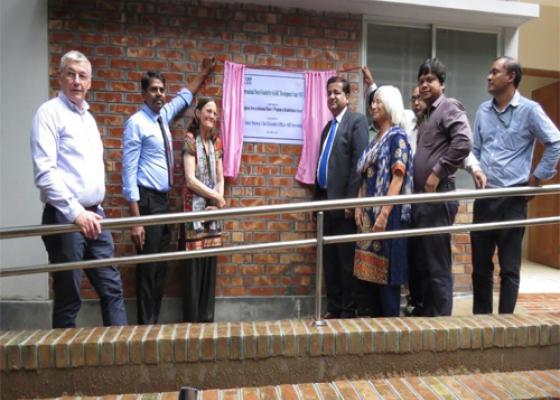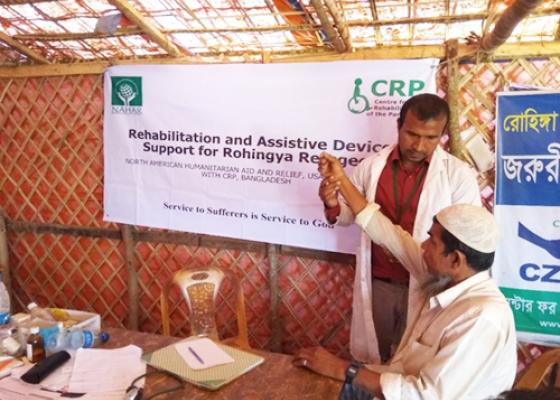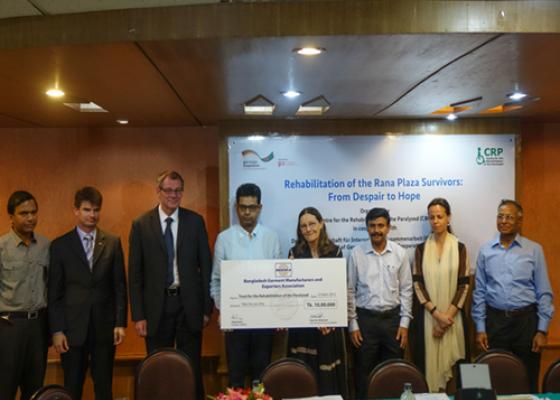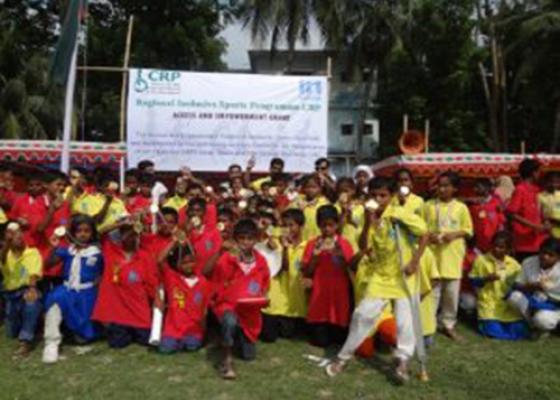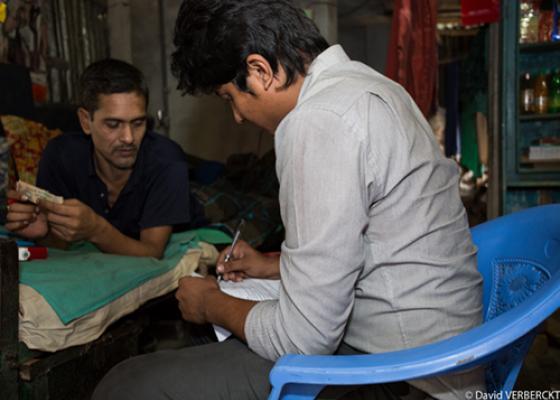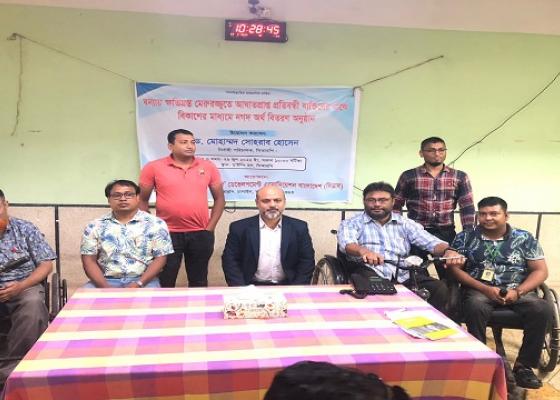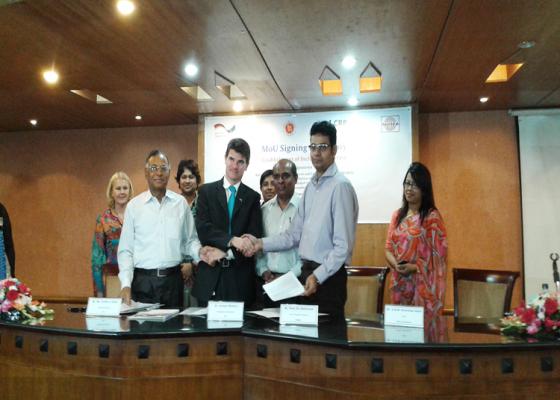Access to Health and Education for all Children and Youth with Disabilities (AHEAD)
Access to Health and Education for all Children and Youth with Disabilities (AHEAD) in Bangladesh (2012-2017)
This project aimed to secure the future of boys and girls (0-18 years) and youth (18-24 years) with disabilities by increasing their access to health and education, strengthening the framework for protection of human rights, and acting as a catalyst to poverty reduction. The International Centre for the Advancement of Community Based Rehabilitation (ICACBR), Queen’s University, Canada implemented the project in partnership with the Centre for the Rehabilitation of the Paralysed (CRP), Bangladesh, two organizations with long lasting successful collaboration.
This five year’s long (2012 - 2017) project started in 2012 and completed successfully in December 2017,
implemented its activities in 13 districts: Sylhet, Moulvibazar, Mymensingh, Tangail, Rajshahi,
Gazipur, Dhaka, Manikgonj, Narayangonj, Comilla, Barisal, Khulna and Chittagong.
The AHEAD Project has made significant impact on the project activity areas focusing on improving participation of children and youth with disabilities through improved access to health services, education, and vocational training; and strengthening enabling policy environment to implement disability policies and ensure human rights.
The project team believed that improving understanding of disability through coordinated training, advocacy and awareness raising among service providers, policy makers, community members and persons with disabilities themselves would lead to changes in attitudes and behaviors towards children and youth with disabilities and would create opportunities for their participation in all aspects of life. The training of the trainers program (ToT) was the main vehicle to train teachers and health service providers on the inclusion of boys and girls, and youth with disability in mainstream programs. To improve access to services, the project staff supported CRP to provide services at the district level by collaboratively organizing mobile clinics and supporting vocational training initiatives of the CRP. We also enriched the quality of services that children and youth with disabilities receive by introducing a peer support service that primarily targeted youth with disabilities and parents of children with disabilities. The overall project performance section provides full details of all activities conducted within the project structure.
Outcome Achieved
This project contributed to increased participation of children and youth with disabilities in the health, education, and employment sectors and 525 participating organizations reported that they are providing disability inclusive services. A total of 296 youth with disabilities (48.6% female) are formally or self-employed after receiving vocational training from the project.
The AHEAD project implemented 54 mobile clinics, at which, 11175 (F 6019, M 5156) people were identified and served. Of these
individuals, 5121 (F 2550, M 2571) were children. As relevant, these individuals were referred to local services for treatment, assistive devices, or other disability-related supports.
In the Training of the Trainer (TOT) program, a total of 3361 (F 1788, M 1573) service providers are trained in the disability inclusive education and health program.
The AHEAD project implemented the peer support program resulted in the formation of 27 youth peer support groups with 251 participants (57% female) as well as 28 parent support groups. The ongoing group discussions and activities vary based upon the unique needs and interests of the members of the group. Some groups simply provided general support and social interaction, whereas others chose to organize around shared activities or interests (e.g., computer literacy, sports, handicraft development).
In total, AHEAD supported 473 participants (46.3% female) in 62 vocational training programs. Among them 296 (48.7% female) youth reported that they were currently formally employed or self-employed
The project provided mobility and assistive devices to 530 persons with disabilities, among them 45% were female.
The project contributed to Gender Equality (GE) Policy objectives by promoting women’s equal participation, reducing gender inequalities in access and control over the resources, and supporting girls and women in realization of their human rights.
This project was implemented at a critical turning point in international development, with the global community recognizing that international development targets will never be met without the meaningful and intentional inclusion of people with disabilities in global development strategies. This global commitment to disability-inclusive development was made concrete when disability (previously absent from the Millennium Development Goals) was explicitly mentioned 11 times. AHEAD project activities directly responded to content within SDG Goal 4 by “guaranteeing equal and accessible education by building inclusive learning environments and providing the needed assistance for persons with disabilities” and SDG Goal 8 by “promoting inclusive economic growth, full and productive employment allowing persons with disabilities to fully access the job market”. The AHEAD project demonstrated Canada’s commitment to break the cycle of poverty that people with disabilities frequently experience by promoting access to health and education for all children and youth with disabilities and by supporting employment opportunities for youth with disabilities in Bangladesh.Accessible Toilet. The toilet at Reddaway hall at CRP is modified and made accessible by the support of AHEAD Project. Every day more than 100 people with disabilities are coming to receive treatment at CRP and a well accessible toiletwas needed there. So, with the support of AHEAD project the toilet is modified and made accessible for all the people with and without disabilities.
Accessible toilet at the Reddaway Hall.

